
Pharmacy Times spoke with Michael Haydock, senior director of content for cardiovascular, metabolic, and infectious diseases at Informa Pharma Intelligence, about investigational therapeutics for COVID-19 and what’s in the pipeline.

Pharmacy Times spoke with Michael Haydock, senior director of content for cardiovascular, metabolic, and infectious diseases at Informa Pharma Intelligence, about investigational therapeutics for COVID-19 and what’s in the pipeline.
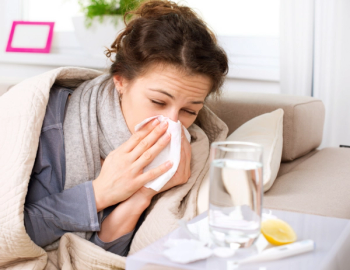
Patients may develop a vitamin C deficiency over the course of their COVID-19 illness, since vitamin C is consumed at a more rapid rate if an infection is active.
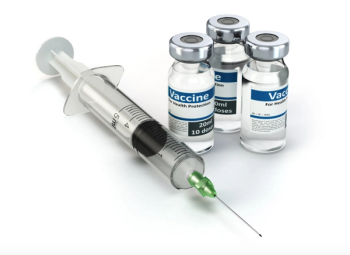
Moderna’s novel coronavirus disease 2019 vaccine candidate, mRNA-1273, showed 94.5% efficacy in preventing the virus, according to preliminary results from the ongoing phase 3 COVE trial.
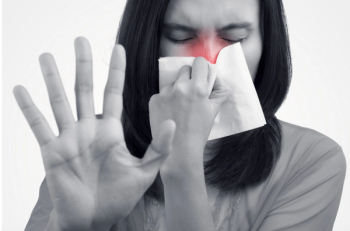
In the study, more patients with allergies had chronic obstructive pulmonary disease (COPD), which is a known risk factor for severe disease with COVID-19.

The patient was prescribed prednisone for the rash when he was seen by emergency department physicians, and a follow up telehealth visit with the hospital’s allergy clinic was done when the patient’s symptoms were not relieved.
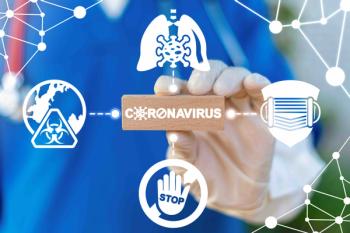
A new study found that more than half of COVID-19 patients continue to feel fatigued 10 weeks after illness onset.

Students at Midwestern University use telehealth and drive-through services to ensure that patients have access to quality care.

The study suggests that if 10% of people given the test had previously been infected, approximately 1 in 5 positive test results would be incorrect, showing false positive results.
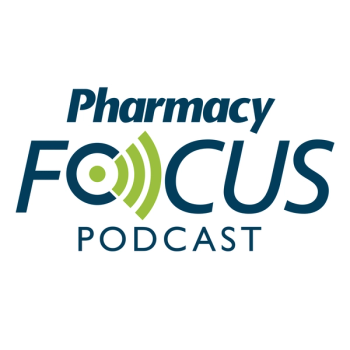
The Pharmacy Times® Pharmacy Focus podcast provides the latest industry news and information, thought-leader insights, clinical updates, patient counseling tools, and innovative solutions for the everyday practice and business of pharmacy.

Researchers analyzed the survey responses of more than 1400 current users of e-cigarette and related products from 18 to 64 years of age, evenly divided among male and female, who took part in a national online survey in 2016.
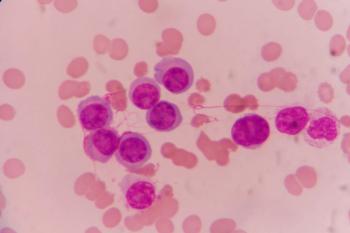
In a study published in Physics of Fluids, modeling conducted in June 2020 showed strains of COVID-19 on surfaces—such as metal, leather, and plastic—were killed in as little as 30 seconds of treatment with argon-fed, cold atmospheric plasma.

Although the last ensuing months have created new challenges for pharmacy students, the Pharmacy Times® Student Café series revealed that many students believe the pandemic has helped prepare them for their future careers.

For hospital pharmacies, the COVID-19 pandemic sparked an abrupt and intensive reevaluation of nearly every aspect of their operations.

Despite presenting in only 18% of cases, 16% of all COVID-19 patients only present with gastrointestinal symptoms.

The COVID-19 pandemic has forced many cardiovascular rehabilitation programs to go virtual.

Trial that is evaluating the efficacy, safety, and immunogenicity of NVX-CoV2373 in COVID-19 is expected to be fully enrolled by the end of November.

Pharmacy Times® interviewed Amanda Epp, MBA, CEO of ScriptDrop, on how the COVID-19 pandemic has affected consumer behavior trends in the switch to digital prescription fulfillment.

The rising global death toll, in addition to the economic consequences of the pandemic, have led many calls to mandate a COVID-19 vaccination if and when a vaccine is approved.

The transmission of COVID-19 depends almost entirely on human behavior, meaning temperature and humidity do not play a significant role, study suggests.

Investigational COVID-19 antibody was authorized in a 700 mg dose for adults and pediatric patients 12 years and older and should be administered as soon as possible after diagnosis and within 10 days of symptom onset.

Pharmacy Times® interviewed Petros Grivas, MD, PhD, associate professor at the University of Washington and Fred Hutchinson Cancer Research Center and a medical oncologist at Seattle Cancer Care Alliance, on the work of the COVID-19 and Cancer Consortium.
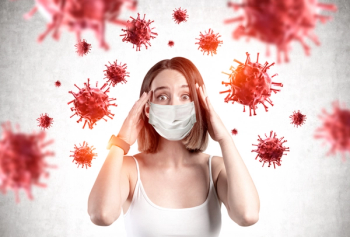
A new study suggests that COVID-19 antibodies remain in the body for up to 5 months.
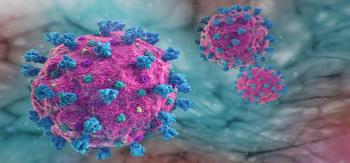
Even in a relatively asymptomatic case of COVID-19, it is possible that the virus could have fostered retrograde reactivation of the varicella-zoster virus.

Pfizer and BioNTech plan for submission to the FDA for an Emergency Use Authorization soon after the required safety milestone is achieved in mid-November for a promising novel COVID-19 vaccine candidate.

This week on Pharmacy Times, there are a number of important topics that will be covered and posted throughout the week.